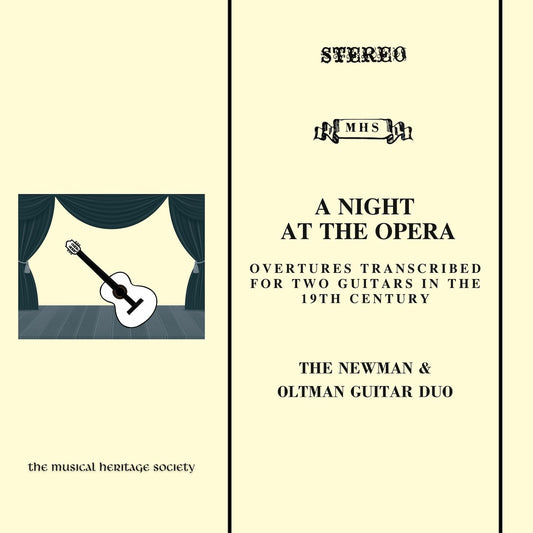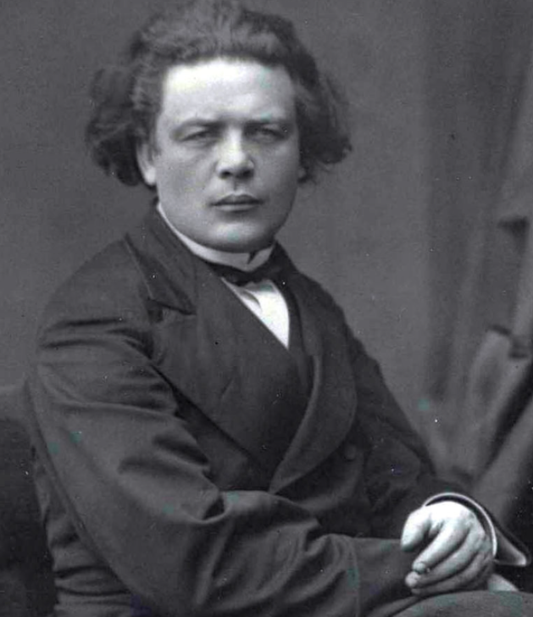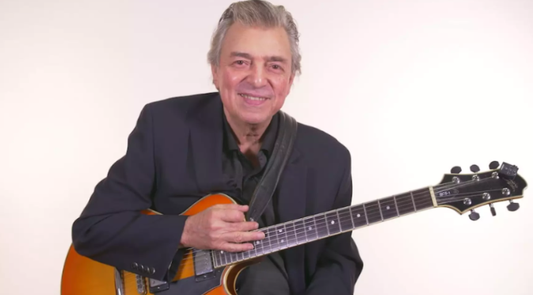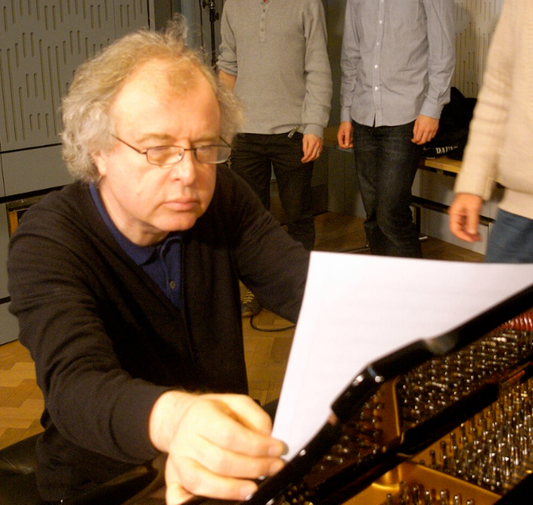Collection: GIOACHINO ROSSINI (1792-1868)
Gioachino Antonio Rossini (1792-1868) stands as one of the towering figures of 19th-century opera, a composer whose name became synonymous with melodic invention, rhythmic vitality, and sparkling wit. Born in Pesaro, Italy, to musical parents – his father a horn player, his mother a singer – Rossini was immersed in music from birth. His prodigious talent manifested early, leading him to study cello and composition at the Liceo Musicale in Bologna.
Rossini’s operatic career took off with meteoric speed. His first opera, La cambiale di matrimonio, premiered in Venice in 1810 when he was just 18. Within a few short years, he became the most sought-after composer in Italy. Works like Tancredi (1813) and the effervescent comedy L'italiana in Algeri (1813) cemented his reputation, showcasing his innate gift for memorable melodies, complex ensembles, and a characteristic driving rhythm, often culminating in the famous "Rossini crescendo" – a gradual build-up of orchestral sound and speed that created immense excitement.
The period between 1815 and 1823, primarily spent working under contract for the impresario Domenico Barbaia in Naples, marked the zenith of his Italian career. This era produced some of his most enduring masterpieces. In comedy (opera buffa), he achieved perfection with Il barbiere di Siviglia (The Barber of Seville, 1816). Despite a disastrous premiere (marred by supporters of a rival composer), it quickly became, and remains, perhaps the most popular comic opera ever written. He followed this triumph with La Cenerentola (Cinderella, 1817), another brilliant blend of humour, pathos, and vocal fireworks.
Simultaneously, Rossini was refining opera seria (serious opera), often tailoring demanding roles for his future wife, the celebrated soprano Isabella Colbran. Works like Otello (1816), Mosè in Egitto (Moses in Egypt, 1818), and Semiramide (1823) demonstrated his dramatic power, expanding the orchestral palette and pushing the boundaries of bel canto singing – a style emphasizing beautiful tone, agility, and expressive ornamentation.
By the early 1820s, Rossini's fame was international. He travelled to Vienna, where he met Beethoven, and London, before settling in Paris in 1824. There, he revised some of his Italian works and eventually became director of the Théâtre-Italien. His final opera, composed for the Paris Opéra, was the monumental Guillaume Tell (William Tell, 1829). A groundbreaking work in the emerging genre of French Grand Opera, it was vast in scale, rich in harmonic innovation, and dramatically intense, representing a significant departure from his earlier style.
Then, astonishingly, at the age of 37 and the height of his fame and creative powers, Rossini retired from composing opera. The reasons remain debated – perhaps exhaustion after producing nearly 40 operas in two decades, chronic ill health, the changing tastes of the public, or simply a desire to enjoy the considerable wealth he had accumulated.
For the remaining four decades of his life, Rossini lived primarily in Paris and his villa in Passy, becoming a celebrated figure in society, renowned as much for his sharp wit and legendary skills as a gourmet cook as for his musical past. While he largely ceased composing large-scale works, he did produce significant sacred music, notably the Stabat Mater (1842) and the charmingly titled Petite messe solennelle (Little Solemn Mass, 1863). He also penned numerous smaller piano pieces and songs, collectively titled Péchés de vieillesse (Sins of Old Age).
Gioachino Rossini left an indelible mark on opera. His works dominated the stage for decades and profoundly influenced composers like Bellini, Donizetti, and even the young Verdi. His blend of effortless melody, rhythmic energy, theatrical savvy, and sheer joie de vivre ensures that his greatest operas continue to delight audiences worldwide, securing his legacy as a master of both laughter and tears on the musical stage.




